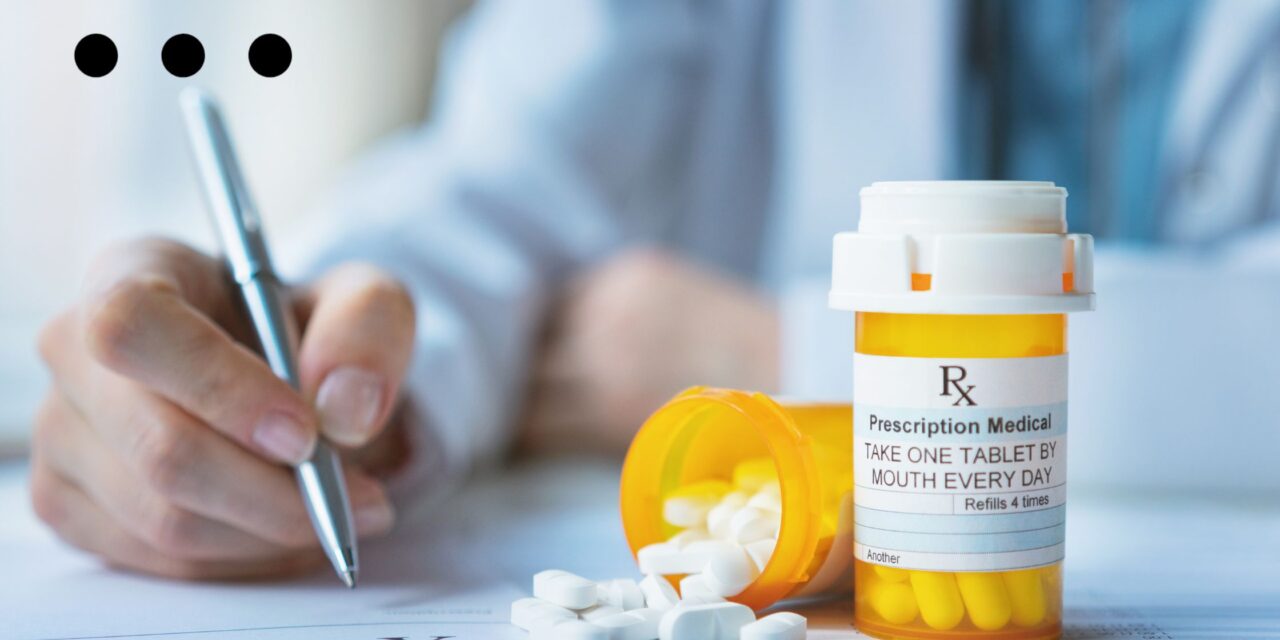Every year, millions of people are prescribed medications they never fully use. Left unchecked, these medications often find their way into the wrong hands, contributing to the growing crisis of misuse, abuse, and addiction. Donating unused prescription drugs could be a safe and effective waste reduction. But this also introduces significant concerns about safety, regulatory challenges, and the risk of medications falling into the wrong hands. Here’s what to do with unused prescription drugs.
Laws and Regulations Around Prescription Drug Donation
Yes, you can donate prescription drugs. Yet, in the U.S., laws surrounding prescription drug donations are strict to ensure safety and efficacy:
- Protected Packaging. Donated medications must meet specific conditions, such as being unopened, sealed and within expiration dates.
- Substance Eligibility. Federal law strictly prohibits the redistribution of controlled substances, like opioids or benzodiazepines.
- State Regulations. Some states have established regulations to facilitate prescription drug donation, some more strict or limited than others.
- Proper Storage and Medication History. Drug donation programs verify that medications have been stored properly and remain safe with strict quality control measures.
Programs That Accept Unused Prescription Drugs
For individuals looking to donate unused prescription drugs, several programs and organizations have stepped in to bridge the gap between surplus medications and those in need. These initiatives ensure that eligible medications are safely collected, evaluated, and redistributed to underserved communities.
Drug Donation Programs
State-run programs allow individuals or healthcare providers to donate unused prescription medications. These programs redistribute medications to low-income individuals who might not otherwise be able to afford them.
- Iowa’s SafeNetRx Medication Donation Repository Program: Collects unused medications from long-term care facilities, pharmacies and individuals and redistributes them to qualifying patients across Iowa.
- Wyoming Medication Donation Program: This program accepts sealed, unopened and unexpired medications to support uninsured or underinsured residents of the state.
- Florida’s Prescription Drug Donation Repository Program (Rx Connects): Managed by the Florida Department of Health, this program facilitates the donation of unused and unopened prescription drugs and supplies to eligible patients.
- Illinois Prescription Drug Repository Program (I-DROP): This program allows unused prescription medications to be donated through approved pharmacies and health centers.
Nonprofit Organizations
Nonprofit organizations can specialize in collecting unused prescription drugs from manufacturers, healthcare providers and individuals. These organizations ensure donated medications reach communities in need, providing life-saving treatments for those without access.
- SIRUM (Supporting Initiatives to Redistribute Unused Medicine): A national organization that facilitates the donation of unopened, unexpired medications through an easy-to-use platform, working with individuals, long-term care facilities, and health systems to redistribute medications to those in need.
- Dispensary of Hope: Collects surplus medications from manufacturers, wholesalers, and healthcare providers, distributing them to clinics and pharmacies that serve low-income populations.
- RemediChain: Accepts donations of unopened, unexpired medications in their original packaging, redistributing them to patients in need.
- Good360: Partners with healthcare organizations to provide surplus medications and supplies to nonprofits.
- Direct Relief: Supplies prescription medications and medical resources to underserved communities across the U.S. and internationally.
Restrictions and Eligibility
Medications eligible for donation must meet specific criteria. These safeguards prevent contamination and ensure the medications are safe for redistribution:
- Remaining in original, unopened packaging.
- Being unexpired.
- Accompanied by proper documentation, such as prescription labels.
Why Some Medications Cannot Be Donated
Certain medications, including controlled substances, cannot be donated due to legal and safety concerns. These drugs are prone to misuse, making their redistribution highly regulated or entirely prohibited.
Other reasons for donation restrictions include:
- Tampering Risks: Opened or repackaged medications may be contaminated or unsafe.
- Improper Storage: Medications exposed to extreme temperatures or moisture can lose efficacy.
- Logistical Challenges: Tracking and verifying the origins of medications can be complex and resource-intensive.
Safe Disposal Alternatives for Unused Medications
When donation isn’t an option, safe disposal is essential to prevent environmental harm and misuse. Here are the best alternatives:
Take-Back Programs
National Prescription Drug Take-Back Day, organized by the DEA, offers a convenient way to dispose of unused medications safely. Local pharmacies and law enforcement agencies also host year-round collection programs, providing secure drop-off locations.
FDA-Approved Disposal Methods
The FDA recommends mixing medications with unpalatable substances (e.g., coffee grounds or cat litter) before throwing them in the trash. Some medications can also be safely flushed—consult the FDA’s guidelines to determine if this applies.
Disposal kits are another option. These contain chemical deactivation agents that render medications harmless, making them safe for landfill disposal.
Community-Based Solutions
Hospitals, clinics and community centers often organize medication disposal drives. These initiatives encourage residents to safely discard unused medications while promoting awareness of safe disposal practices.
Wrapping Up
Unused prescription medications present both a challenge and an opportunity. While donating these drugs can help individuals in need, following strict laws and guidelines is crucial. When donation isn’t feasible, safe disposal ensures the medications don’t harm the environment or be misused.
You can make a difference by participating in state programs, nonprofit initiatives, or local take-back events. For more information, explore your state’s specific regulations and programs to determine the best course of action.

